Veterinary happiness: Do you fit the profile?
Dive into the data from the 2015 Veterinary Economics Career and Family Survey to see the characteristics that correspond most with happinessand unhappiness.
We're not claiming this as scientific fact, but we definitely found it interesting. After combing through the responses regarding the personal decisions of veterinarians who participated in the 2015 Veterinary Economics Career and Family Survey, we established two profiles based on those who answered if they were happy-or unhappy-with their life at this point.
Some traits in relation to happiness won't surprise you. For example, veterinarians with no debt after graduation identified most often as happy; those with more than $100,000 in debt identified as, well, not as happy. Other traits may surprise you. You may even recognize yourself-we hope in the happy profile-or maybe you recognize the young associate in the break room staring blankly at yet another bologna sandwich.
If you are right now holding your fifth bologna sandwich this week, back away from the sandwich and check out the dvm360 Leadership Challenge: The burden of care.
Let's start with married veterinarians. They identified more often as happy than unmarried veterinarians.
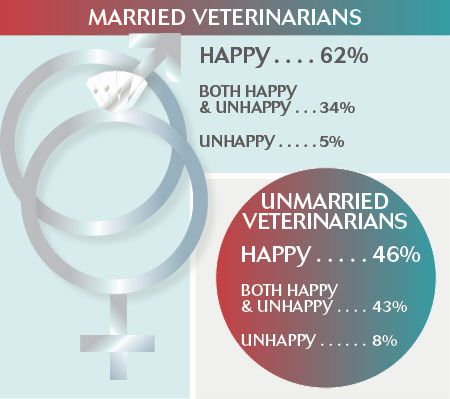
Those who said they put their faith first identified more often as happy than veterinarians who said they put themselves first.
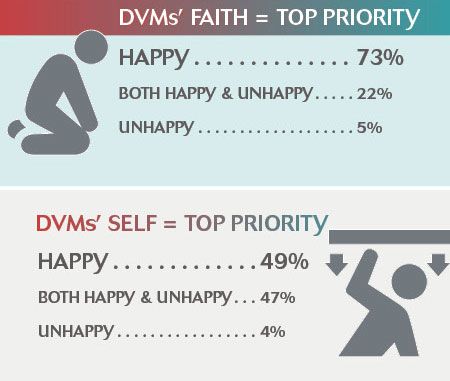
Not surprisingly, veterinarians with no debt after graduation identified more often as happy than those with more than $100,000 in debt after graduation.
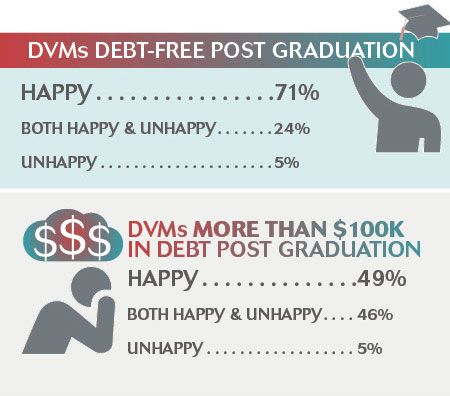
Homeowning veterinarians identify more often as happy than those who do not own a home.
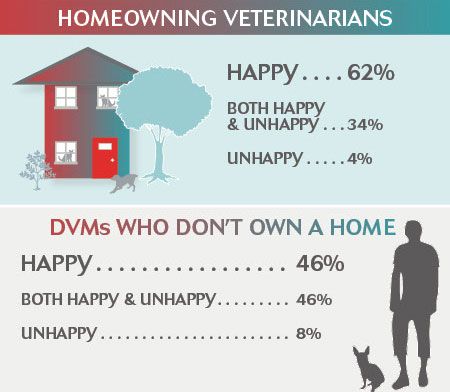
Veterinarians who live in ZIP codes with a mean income from $50,000 to $100,000 identified as more happy than their colleagues who lived in areas with a mean income of $150,000 or more.
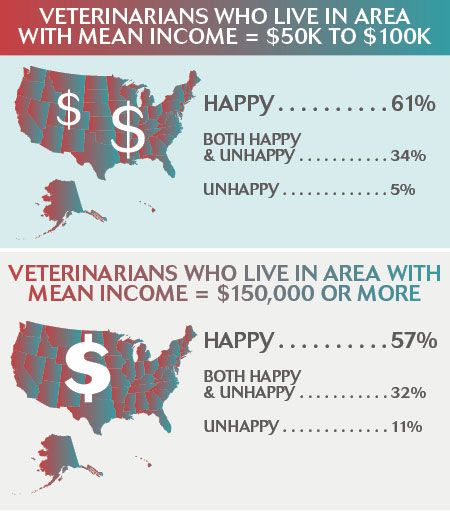
The more children the veterinarian the happier he or she seems to be. Veterinarians with four or more children? 100% happy. (Is that the lack of sleep talking?)
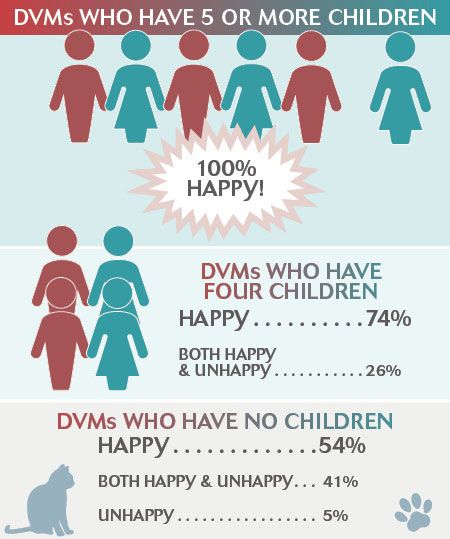
Practice owners identified as more happy than non-owners.
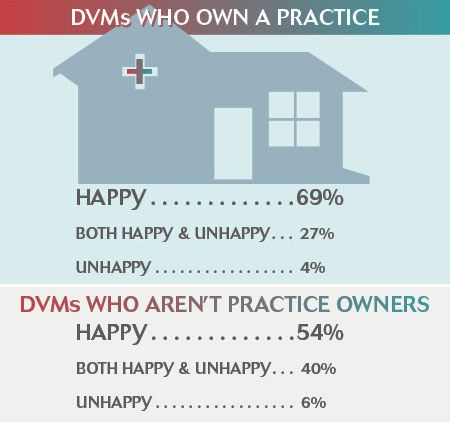
And although there are more women than men in veterinary medicine these days, the women identified as not as happy as their male counterparts.
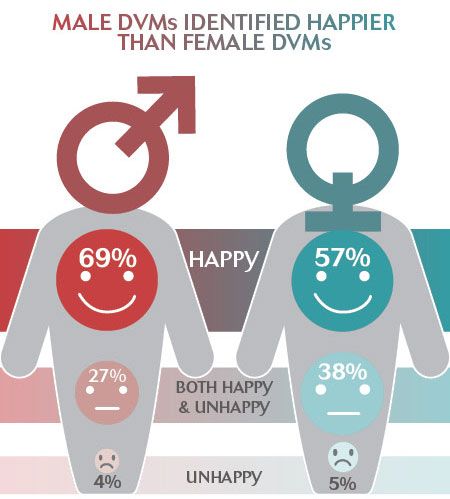
Do you recognize yourself in the characteristics most associated with happiness in veterinarians?
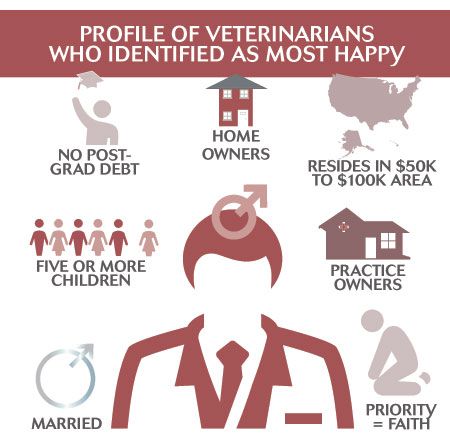
Or do you recognize characteristics or decisions that are making you unhappy in veterinary medicine?
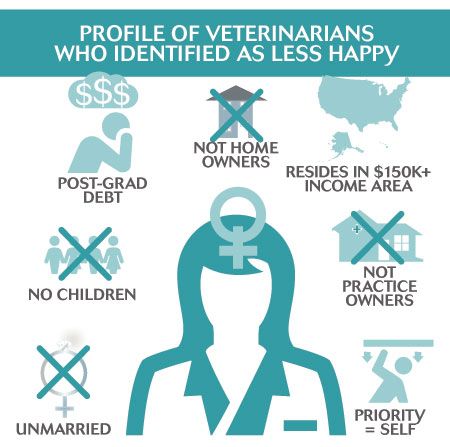
Bottom line: Good or bad you're not alone. Go to dvm360.com/burdenofcare to read more about the emotional pressures veterinarians are highly susceptible to and experiencing in veterinary medicine today-and what you can do about them.